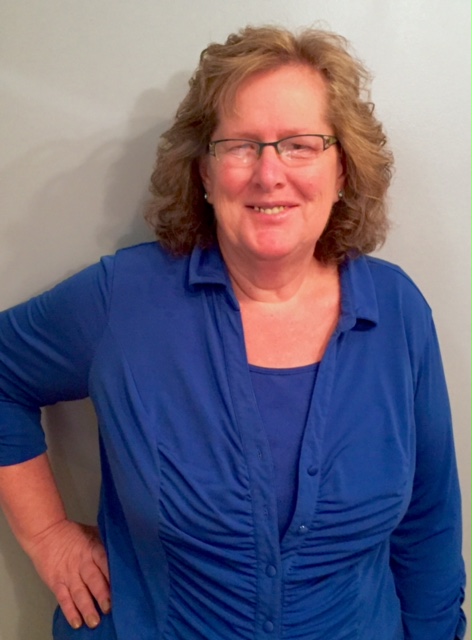I’ve been legally blind for over seven years, first losing sight in my right eye and then in my left eye. However, I won't let my sight challenges hold me back from leading as normal a life as possible. I work as a real estate broker and owner for my own company, Tina Leonard Real Estate, from my home office in Lake Placid, NY.
Since becoming blind, I’ve accumulated a few pet peeves. It frustrates me no end when I find individuals who don't know how to interact with people who are sight impaired. That’s why I’m always on the ready to teach them, not only for selfish reasons, but more importantly to help the entire blind community. The following are four basic guidelines to help improve overall connection and communication.
Guideline #1:
Introduce yourself by name because I can’t always identify you by your voice. If people just say, “Hi, Tina,” and walk on by, I may not know who you are, or where you are standing. Are you in front, to my right, left, or even behind me? Alternatively, if somebody near me says, “Hi!” or “How are you?” I might respond thinking they're talking to me, but in fact, they're actually talking to someone else in the vicinity. That can definitely be embarrassing.
Guideline #2:
If you and I are in conversation together, especially at an event, and for whatever reason, you need to walk away, it's only common decency to tell me. Otherwise, I'll continue our conversation oblivious to the fact that I'm actually talking to myself - another embarrassing scenario.
Guideline #3:
For some reason, there are people who think that because I can't see, I also can't hear. I've been in several frustrating situations with family or friends, where people have said, “You can put her here,” or, “I’m going to put you over here in this chair.” First of all, I can hear you. Second, nobody’s going to put me anywhere without my permission!
I wish people would just describe my options, such as, “Tina, would you like to sit on this side of the table, or would you prefer to sit in a chair over there on your left side?”
Guideline #4
I appreciate empathy rather than sympathy. Often, when I tell people I am totally blind, they say, “Oh, I’m sorry!” I like to turn this into a joke, and say, ”There’s no need be sorry or apologize, you didn’t make me blind.” Comments like this that make me feel as if they are sympathizing with me. I don’t want or need their sympathy. Rather, I prefer empathy. I appreciate it when people attempt to understand how challenging my life is and will continue to be for the rest of my life.
What empathy means to me is that when I ask for help from someone, they understand that things they take for granted are a challenge for me. I’m very independent and only tend to ask for help when I really need it. What I’ve found the most difficult is to train family, friends, and the public how to treat me as a blind person.
I hope these four guidelines will help Rotarians be more aware of some of the practical issues facing blind people. And more importantly, to be more thoughtful and empathetic!
